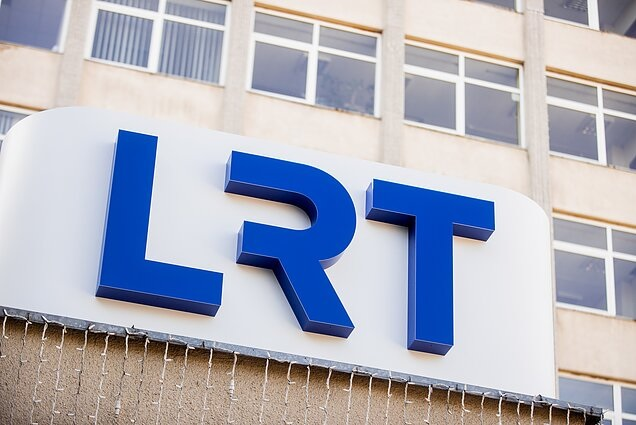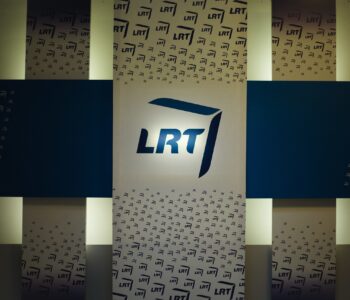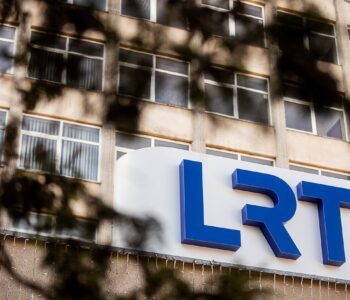 Library
Library
Lithuania: IPI warns over increasing pressure on independent public…
Lithuania: IPI warns over increasing pressure on independent public service broadcasting
Independent public service broadcasting in Lithuania is under increasing threat after the recent passing of a rushed legislative amendment which makes it easier to remove the director general of Lithuanian National Radio and Television (LRT), IPI warns today.
17.12.2025
IPI is increasingly concerned by the situation in Lithuania and calls on the European Commission to assess and comment publicly on the proposed changes to LRT law and their potential violations of the European Media Freedom Act (EMFA), ahead of the next vote.
Despite large public protests and against the warnings of international media freedom organisations, including IPI and MFRR partners, last week the parliament passed the first stage of a bill amending the LRT Law, which was brought forward by the ruling Nemunas Dawn party.
IPI warns that the proposed amendment, which lowers the threshold for voting to dismiss the director general, introduces a secret ballot for the procedure and removes the need for the removal to be justified by the public interest, would erode important defences against political pressure on LRT’s management.
It comes after a politically-motivated audit of LRT initiated by political parties. Although the audit found no major issues regarding LRT’s independence and operations, the ruling coalition instrumentalized the findings to push through changes to rules on the broadcaster’s management and financing.
The passing of the bill comes after the Seimas recently adopted an amendment to freeze LRT’s budget at 2025 levels until 2029, with the prospect of reducing its tax-based revenues thereafter. The budget change was disproportionate when compared to other cuts to the state budget.
The two initiatives combined point to increasing pressure on LRT in the wake of the audit and potentially undermine the country’s obligations under the EMFA – which sets out clear rules for the independent management and sustainable financing of public service media inside the bloc.
Article 5 of EMFA directly obliges Member States to ensure that procedures for the appointment and dismissal of PSM leadership “aim to guarantee the independence of the public service media” and, crucially, are transparent. The introduction of a secret ballot clearly violates this provision.
The staff of LRT went on strike on December 9 to protest against the changes, which they warn would “dismantle the safeguards that protect LRT’s independence.” The Lithuanian President has also raised concerns about the amendment and its impact on media freedom.
The bill was first debated by the Seimas on 27 November. A slightly altered version was passed in a first vote on December 11 in an urgent parliamentary procedure. This removed the possibility of conducting an impact assessment. The law has yet to be finally approved.
IPI and partner organisations have repeatedly raised concerns about the changes at LRT, which we stress now risk undermining Lithuania’s otherwise relatively healthy press freedom climate.
This statement was coordinated by IPI as part of the Media Freedom Rapid Response (MFRR), a Europe-wide mechanism which tracks, monitors and responds to violations of press and media freedom in EU Member States and Candidate Countries.





